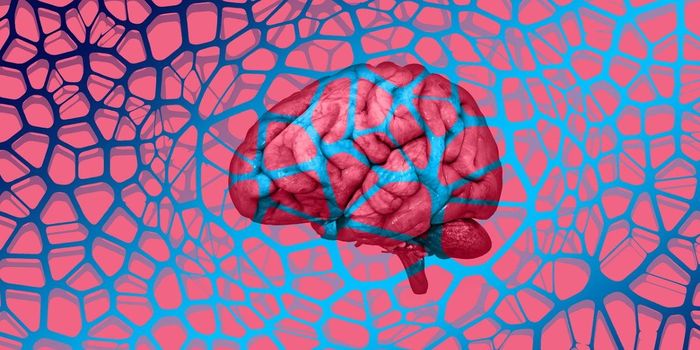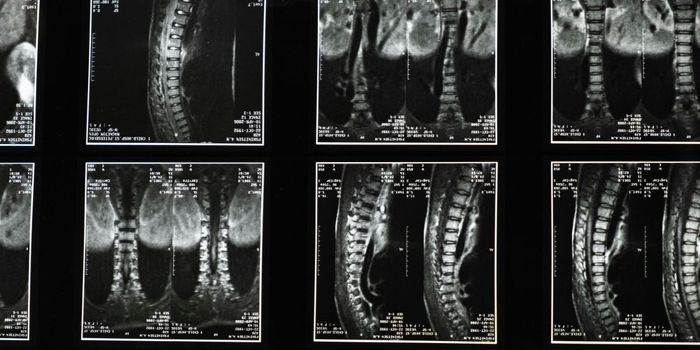Think Young to Stay Young: Aging and Attitude
You're as young as you feel is a wise old saying, but what if it's true? Chronological age is easy to measure. Count up how many years, months or days it's been since your birthday, and there you are. Brain age is a bit more complicated since it involves cognition, memory, verbal processing speed, and other factors.
Physical fitness is also a factor because if you are in shape and don't have a host of aches and pains, you might feel younger than you are. While someone might be chronologically 65 years old, perhaps they have stayed mentally sharp and physically fit, and they feel as if they were in their 40s.
The age you feel is called subjective age because it isn't dependent on objective criteria like how many years you've been alive or how you score on memory tests. Everyone ages, chronologically, but brain age is a different matter. In a recent study published in Frontiers Neuroscience, a team of researchers found a correlation between the subjective age that an older person feels and their demonstrated brain age, which is objectively measured. Mainly, if you feel younger than your age, the chances are good that your brain age reflects that with better cognition and memory skills. On the flip side, physical illness, fitness levels, and other factors can make us feel years older than our chronological age.
A feeling is one thing, but is there a demonstrable difference in cognition just because you subjectively feel like you're 45 when you're 65? This is the question that Dr. Jeanyung Chey of Seoul National University in Korea wanted to investigate. Dr. Chey asks, "Why do some people feel younger or older than their real age? Some possibilities include depressive states, personality differences or physical health. However, no-one had investigated brain aging processes as a possible reason for differences in subjective age."
There are biomarkers for brain age, and with high-tech imaging, investigators can accurately pinpoint brain age. Besides small declines in memory or verbal processing, as we age, we have less grey matter. This is what the team focused on for the study. Dr. Grey and her colleagues at SNU looked at 68 healthy adults between the ages of 59 and 84. Grey matter volume in different regions of the brain was measured, and cognitive testing was conducted. In addition, participants answered questions on how old they felt and if their subjective age was younger or older than their chronological age. Those who reported feeling younger than their age scored higher on memory tests, felt physically healthy and were less likely to feel depressed. What was most significant is that those participants who felt younger than they were, had more grey matter in critical regions of the brain than those who felt older.
Dr. Chey explained, "We found that people who feel younger have the structural characteristics of a younger brain. Importantly, this difference remains robust even when other possible factors, including personality, subjective health, depressive symptoms, or cognitive functions, are accounted for." It's not entirely clear if those who feel older could somehow sense brain changes that indicate aging. It's also possible that those who feel younger naturally gravitate to a more active lifestyle that includes exercise and socialization, both of which can help older adults stay mentally sharp and physically fit. The authors also suggest that if a person is feeling older than they are, they should look at dietary habits and lifestyle changes instead of just accepting feeling older and less fit. Check out the video to learn more about the study.
Sources: Frontiers Well and Good









